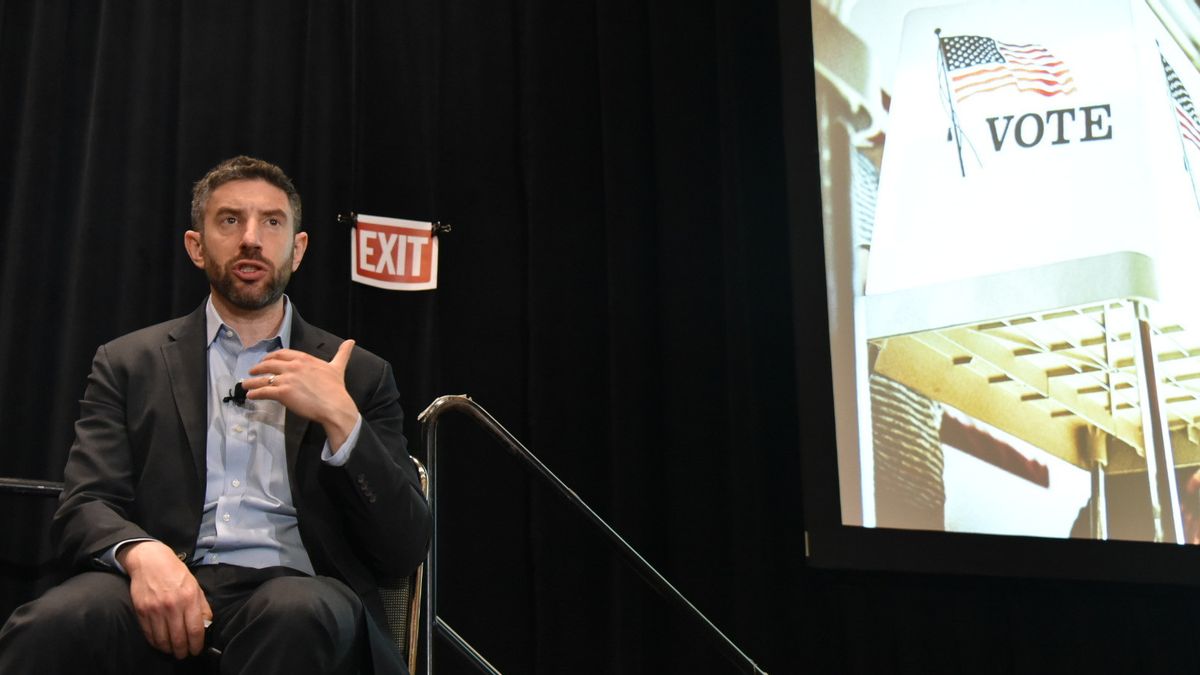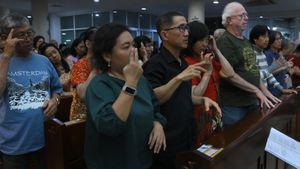JAKARTA - United States military officials announced that their country would send more cyber troops abroad to help foreign governments fight hackers. This was revealed at the RSA cybersecurity conference in San Francisco.
In the last three years, the US military's Cyber National Mission Forces (CNMF) have carried out 47 such "hunt forward" defensive operations in the 20 countries invited by those countries, according to the US Army's Great General, William Hartman on Monday, April 24.
"Demands for that are just increasing, and they are not all the same," Hartman, CNMF commander, said in a conversation on the sidelines of a conference.
This initiative reflects a broader push by the US government to increase cooperation with foreign allies in countering cybercrime, which often crosses national borders. Some of the largest ransomware criminal gangs, for example, have targeted several countries, including the United States.
Hartman said that CNMF has sent 43 specialists to Ukraine, which has been battling Russia's cyberattacks in the middle of the war there, which Russia calls a "special operation".
"Those teams are the defense teams we sent, and they are looking for common enemies, finding tools and capabilities," Hartman said.
He said that CNMF is working closely with the US main cyber agency Cybersecurity and Infrastructure Security Agency (CISA).
The two agencies have worked together to prevent potential attacks on three US federal agencies by foreign enemies, said Eric Goldstein, director of CISA's executive assistant.
另请阅读:
"We notified the agencies, provided guidance, and started the incident response. Simultaneously, we gathered all the information about cybercriminals' infrastructure and shared it with CNMF," he said. Goldstein and Hartman declined to provide further details about the incident.
The separate incidents they expressed during a joint presentation at the conference involved an Iranian hacking group that had hacked the voting system in a US city used to report the results of the 2020 election.
CNMF fears hackers will make the system's website "look like the sound has been manipulated," but the agency revoked access, Hartman said.
"There is no impact on any election infrastructure," added Goldstein.
"We want to make this a model - finding technical evidence to be submitted to the CNMF," he said, adding that maintaining the security of the US presidential election by 2024 was a "major priority".
The English, Chinese, Japanese, Arabic, and French versions are automatically generated by the AI. So there may still be inaccuracies in translating, please always see Indonesian as our main language. (system supported by DigitalSiber.id)


















